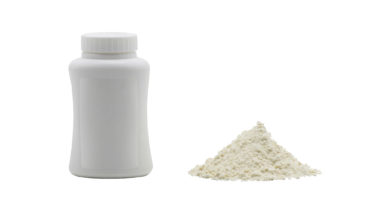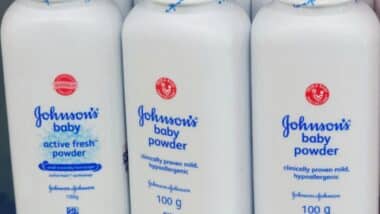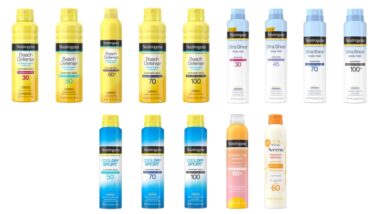 Does Roundup cause cancer? That’s the question asked on behalf of a patient who allegedly developed a serious diagnosis after continuous exposure to Monsanto’s Roundup.
Does Roundup cause cancer? That’s the question asked on behalf of a patient who allegedly developed a serious diagnosis after continuous exposure to Monsanto’s Roundup.
More cancer patients have taken to litigation against Monsanto in an effort to recover compensation after being diagnosed with non-Hodgkin’s lymphoma. The latest in the non-Hodgkin’s lymphoma lawsuit case against Monsanto included the defense attempting to discredit the pathologist expert who was anticipated to testify in an upcoming trial.
The expert in that Roundup cancer case is Dr. Dennis Weisenberger, who has been the author behind at least 50 research papers about the causes of non-Hodgkin’s lymphoma.
Dr. Weisenberger was anticipated to testify in an upcoming bellwether trial against Monsanto regarding claims that the Roundup and Ranger Pro products could cause cancer due to exposure to glyphosate, their active ingredient.
The defense counsel pressed Dr. Weisenberger about risk factors other than glyphosate exposure that could have contributed to the development of cancer. During a pre-trial hearing, Dr. Weisenberger testified that a situation such as chronic hepatitis C and obesity could have contributed to the plaintiff’s risk of developing non-Hodgkin’s lymphoma.
Glyphosate is the active ingredient in the herbicides and has increasingly been the focus of studies due to claims that it could cause cancer.
Environmental activists have been worried for many years about the dangers of glyphosate. Roundup is the world’s most popularly used weed killer and the global usage of glyphosate products has increased by 15 times since 1996.
According to the National Pesticides Information Center, glyphosate was originally registered for use for the first time in the United States in 1974. People applied it in domestic lawns and gardens, and in industrial, agricultural, and forestry areas.
Environmental experts are coming out with research and claims that continuous exposure to glyphosate, such as the kind that can come from regular Roundup use, puts consumers in a high-risk category for developing cancer.
Glyphosate comes in numerous different forms, and there are over 750 products available for sale in the United States that contain glyphosate. Its effectiveness has made it very popular as an herbicide. In fact, Roundup is a leading weedkiller on the market for consumer use. Plenty of people don’t think twice before picking up a bottle of the product for use in their gardens on a regular basis.
A growing number of individuals, however, have been diagnosed with non-Hodgkin’s lymphoma and argue that their cancer is directly related to their exposure to the active ingredient, glyphosate, in Roundup products.
The Roundup Cancer Lawsuit is part of MDL No. 3:16-MD-02741 in the U.S. District Court for the Northern District of California
If you or a loved one developed cancer after using Roundup as a farm worker or home gardener, you may have a legal claim. Legal migrant farm workers may also seek help. Learn more by filling out the form on this page for a FREE case evaluation.
ATTORNEY ADVERTISING
Top Class Actions is a Proud Member of the American Bar Association
LEGAL INFORMATION IS NOT LEGAL ADVICE
Top Class Actions Legal Statement
©2008 – 2026 Top Class Actions® LLC
Various Trademarks held by their respective owners
This website is not intended for viewing or usage by European Union citizens.
Get Help – It’s Free
Join a Free Roundup Cancer Class Action Lawsuit Investigation
For the most up-to-date information on this case, click here.












